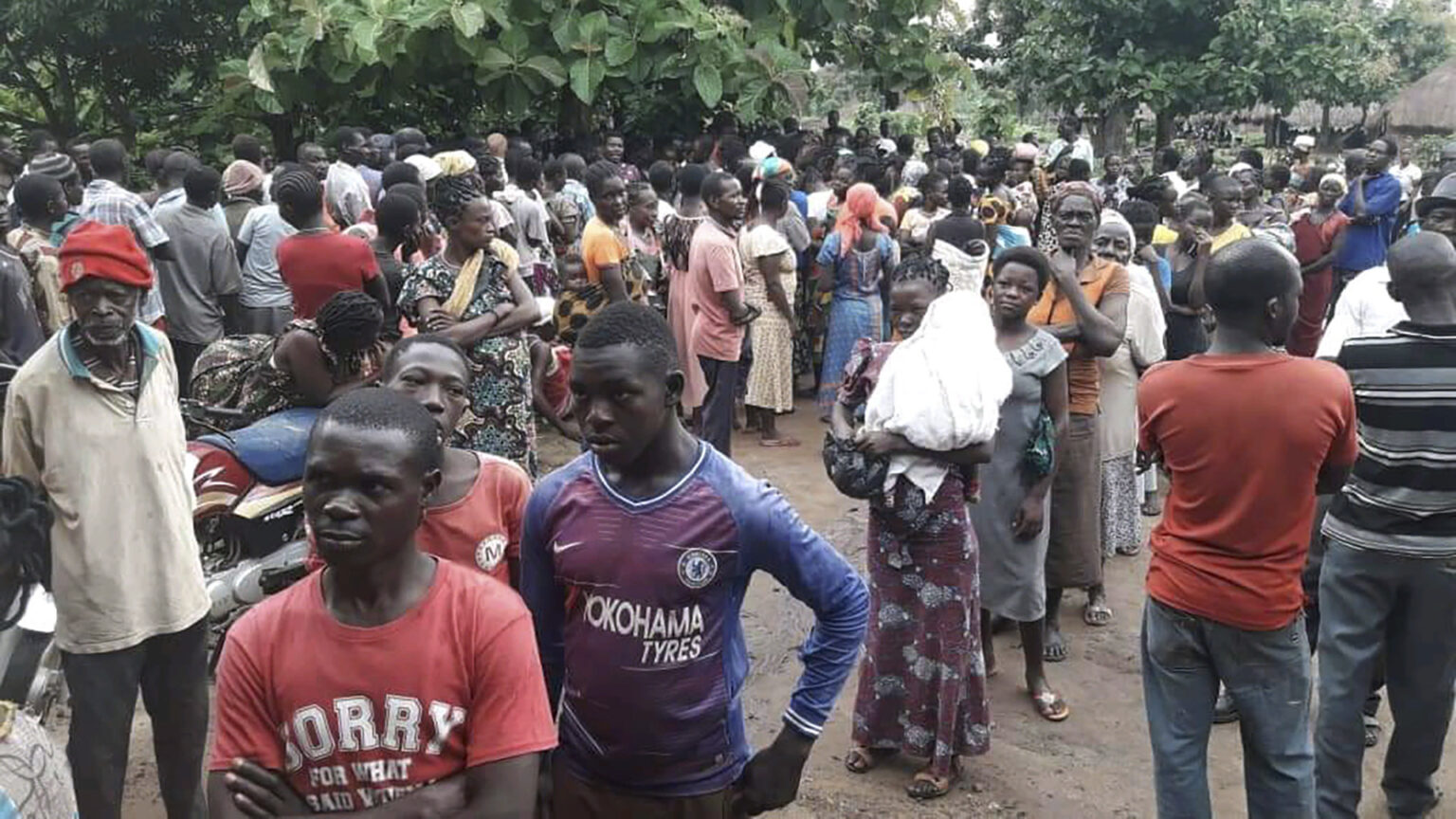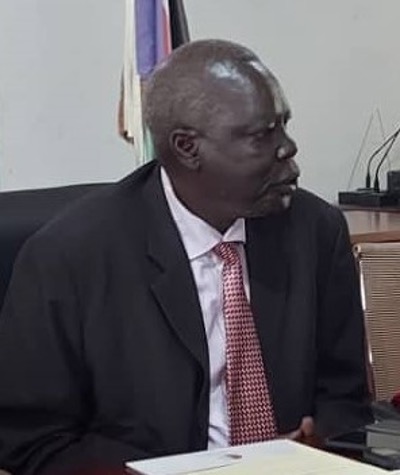
Despair and anxiety linger as Tombura crisis continue unabated

By Richard Sultan
In a church compound in South Sudan’s Tombura County, Oliver ponders on what has gone through his life in recent weeks.
The 38-year-old employ at a national nongovernmental organization fled for dear life when armed men stormed his village one early morning.
“It was rampaging and indiscriminate,” Oliver told Juba Echo of the gunshots the attackers unleashed as villagers were waking up from sleep.
“I just imagined death and never sat to wait. I just jumped out of bed and fled,” he said.
He is one of 100,000 people who have been displaced by the violence which began in June and has killed at least 200 people, according to the United Nations.
Tambura lies in a region that never witnessed the ethnic divisions that manifested in the crisis which began in December 2013, according to a UN Human Rights Commission on South Sudan, which blamed elites in Juba for destabilizing Tombura.
The report issued on Thursday revealed that women and children have not been spared in the conflict, brutally raped before being murdered in the atrocities.
“Some of the victims – mostly women and children – were raped and sexually violated before being murdered,” the Chairperson of the Commission, Yasmin Sooka said in the report.
It said displaced people also sought refuge in neighbouring Western Bahr el Ghazal State, Yambo town and Ezo County.
Many others fled to the Central African Republic.
Around 2500 IDPs are reportedly under the protection of the United Nations Mission in South Sudan (UNMISS).
The United Nations Children’s Fund has also reported an increased number of unaccompanied and separated children.
According to the UN Commission on Human Rights, bodies of civilians killed were left to decompose on the outskirts of Tambura without proper burial.
“In mid-July, I witnessed the bodies of my colleague and his family being retrieved from the jungle and the memory has just stuck in head eroding whatever little hope I have left for the town,” Oliver said between sobs.
In the church compound, thousands of people have converged with barely any properties in their hands.
Caught unaware, they fled with only the clothes on their back.
Food is hard to come by, Oliver said.
“If the situation continues like this, we will soon die of starvation and outbreak of communicable diseases considering the level of congestion there, let alone the uncertainty of COVID 19,” he said.




































